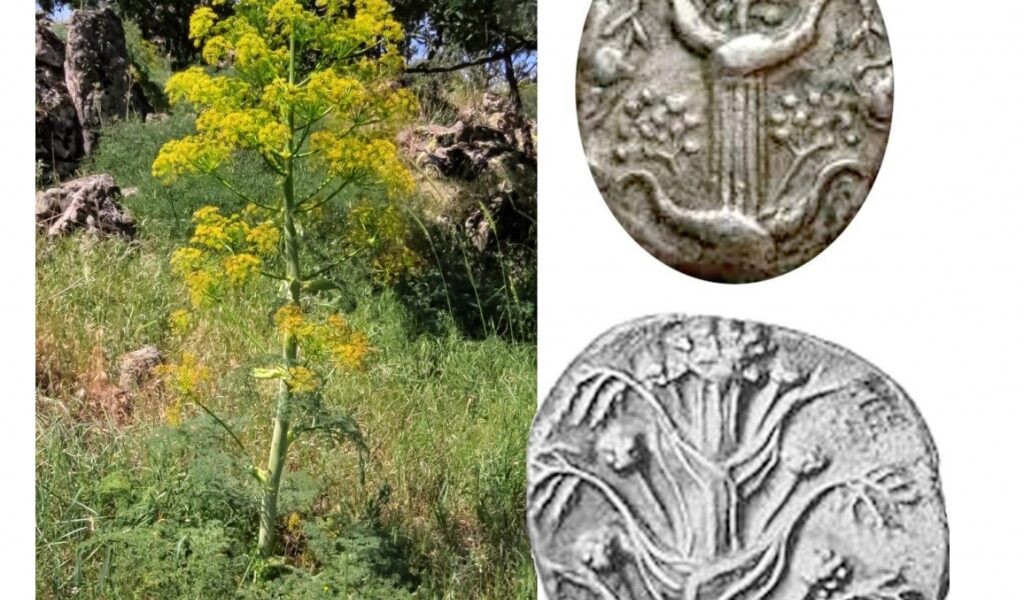A professor has recently uncovered a remarkable botanical survivor, believed to be the same miracle plant once utilized by the ancient Greeks, Egyptians, and Romans. The plant, known as silphion (or silphium) in ancient Greek terminology, was thought to have vanished over two millennia ago. This rediscovery holds the promise of unveiling medicinal properties that have been dormant for centuries.
Historical records reveal that the ancient Greeks ingeniously employed this miracle plant through various processes – crushing, roasting, sautéing, and boiling – to create not only nourishing food but also medicinal concoctions for treating injuries and possibly contraception. Sources suggest that the golden petals and stalk of this plant were incorporated into remedies by the people of ancient Greece, Rome, and Egypt.
The reverence for this miraculous flora was so profound that some assert Julius Caesar stockpiled vast quantities alongside Rome's precious gold reserves. The saplings of the plant were reportedly valued as highly as silver. The last known documentation of silphion dates back to the first century A.D., attributed to Pliny the Elder.
In the subsequent eras, the whereabouts of this miraculous plant remained a tantalizing enigma. Intensive quests during the Middle Ages spanned three continents, yet the plant remained elusive, and many assumed it had faded into extinction.
However, the recent discovery raises uncertainty regarding whether this is indeed the fabled miracle plant of ancient times. Mahmut Miski, a researcher from Istanbul University, postulates that Ferula Drudeana, a similar plant located on Mount Hasan, could be the elusive botanical wonder. Despite being over a thousand miles from its original habitat, the plant bears striking resemblances.
Both the rediscovered plant and depictions in historical botanical texts feature thick stalks and branching roots. Furthermore, both plants exhibit potent medicinal attributes. Ferula Drudeana showcases anticancer compounds akin to those in the original miracle plant. Notably, these plants' habitats align with regions once inhabited by the ancient Greeks.
The re-emergence of such a plant could potentially revolutionize multiple aspects, including advancements in cancer-fighting medications."


